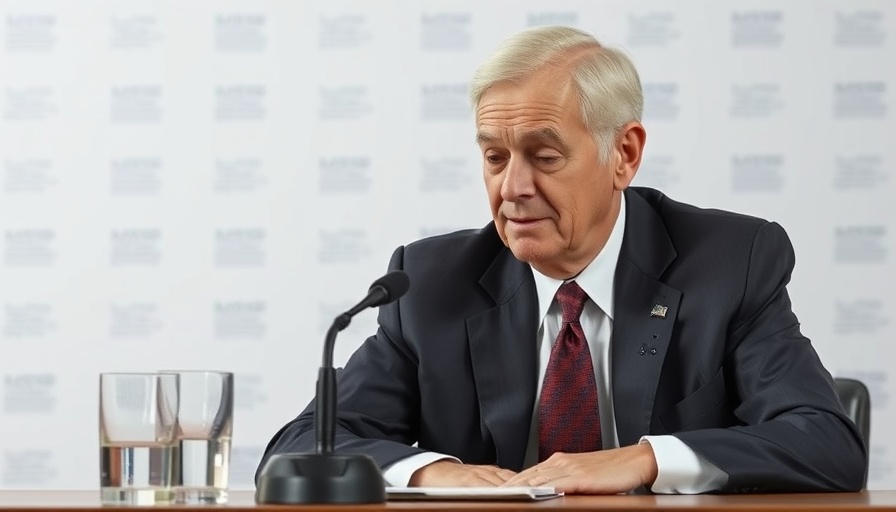
The Ongoing Conflict: U.S. Denies Abbas Entry to the UN
In a significant diplomatic move, the United States has barred Palestinian President Mahmoud Abbas from attending the upcoming United Nations General Assembly meeting in New York. This decision comes at a time when several U.S. allies, including Britain, France, Australia, and Canada, are poised to formally recognize Palestine as a sovereign state. The U.S. Department of State has not only revoked Abbas's visa but that of approximately 80 other officials from the Palestinian Authority and the Palestine Liberation Organization, which adds a layer of complexity to an already fraught international relationship.
A Breach of Diplomatic Norms?
Abbas’s office expressed astonishment at this decision, arguing that it undermines the 1947 U.N. headquarters agreement, which mandates allowing foreign diplomats entry to the U.N. premises, barring specific security exemptions. The U.S. has defended its stance, citing concerns regarding extremism and foreign policy principles. This move has sparked debate over whether such actions align with diplomatic standards expected from a global leader.
The Shift in International Support for Palestine
This development comes on the heels of changing dynamics in international recognition of Palestine. With allies ready to extend formal recognition, many diplomatic observers are questioning whether the U.S. is isolating itself by taking a hardline stance. The increasing support for Palestinian statehood from various countries reflects a growing consensus that may challenge traditional U.S. policy in the region.
Understanding the Stakes: Political Implications
The political implications of this decision extend beyond just Abbas. Maintaining an unwavering support for Israel has been a cornerstone of U.S. foreign policy, but rising pressure from allied nations and a shifting public sentiment opens discussions about potential reforms. The U.S. risks being viewed as increasingly out of sync with allies who are willing to recognize Palestinian statehood, which may force a reevaluation of its Middle Eastern policies.
Local vs. Global Perspectives: How Abbas’ Denial Affects Palestinians
Locally, many Palestinians view Abbas's barred entry as a blow to their leadership and aspirations for statehood. The sentiments are mirrored in broader contexts, where a lack of representation at international platforms can hinder their efforts toward achieving self-determination. The response to this visa ban amongst Palestinian communities illustrates a collective frustration towards their perceived diminishing agency on a global scale.
Future Predictions: The Questions That Remain
As we look to the future, one pressing question arises: How will this diplomatic rift affect ongoing endeavors for peace in the region? The broader implications of U.S. policies could determine Palestinian strategies moving forward, particularly as they gain recognition from other countries. Additionally, it raises the concern of whether future U.S. administrations will continue on this current path or seek to mend relationships with the Palestinian leadership.
Call to Action for Diplomatic Engagement
This situation underscores the urgent need for ongoing dialogue and diplomatic engagement between all involved parties. As citizens and stakeholders, we should advocate for conversations that foster understanding and progress towards peaceful solutions in the Middle East.
 Add Row
Add Row  Add
Add 



Write A Comment